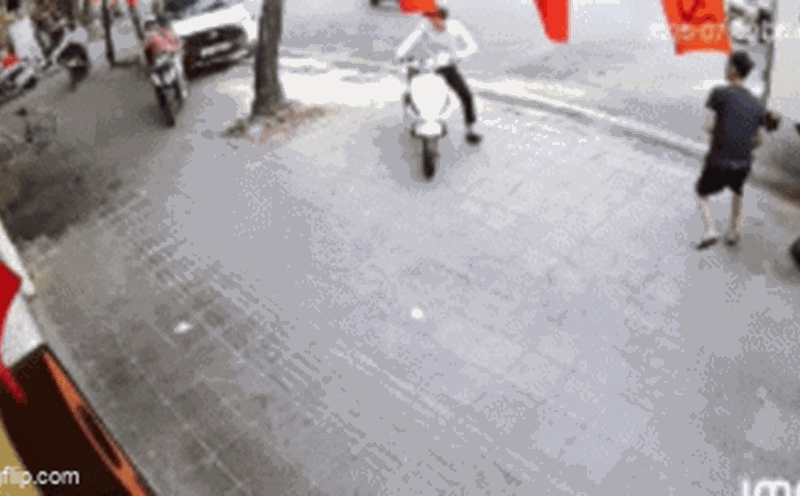The investigation request was submitted by Kiev to the OPCW Executive Council, held in The Hague (Netherlands) within the framework of a 4-day closed-door meeting with the participation of 41 member states on July 8.
According to the document sent, Ukraine proposed that the OPCW General Director promote the establishment of an independent and objective mechanism to investigate suspected cases of the use of chemical weapons in Ukraine.
The document also called for the investigation mechanism to have the right to collect more evidence and determine the person responsible, the organization and the sponsor of the acts of using chemical weapons.
Kiev's move comes after the Dutch and German military intelligence agencies said they had evidence of Russia's widespread use of banned weapons in frontline areas.
Mr. Fernando Arias - head of the OPCW - said that the OPCW will strengthen supervision of activities along the Russia-Ukraine conflict route, in the context of many accusations about the use of toxic chemical agents. Mr. Arias also invited Ukraine to discuss the proposal with OPCW member states and said that a majority of support is needed to launch an official investigation.
The OPCW previously established a similar investigation team in 2018 to clarify the use of chemical weapons in Syria. The group determined that Syrian government forces and the Islamic State used banned substances in the conflict that began in 2011.
In May last year, the US first accused Russia of using chloropicrin - a chemical compound with higher toxicity than riot control gas and used in World War I. However, last year, the OPCW assessed that the accusations of both Russia and Ukraine were not solid enough.
Meanwhile, both Russia and Ukraine have denied the use of chemical weapons since the conflict broke out in 2022. However, the Dutch intelligence agency said that at least three Ukrainian servicemen were killed by chemical weapons, while more than 2,500 injured reported symptoms related to the poison.
In a related move, the UK has imposed sanctions on two individuals and a Russian entities for their involvement in the chemical weapons program, as part of an effort to put pressure on Moscow.











